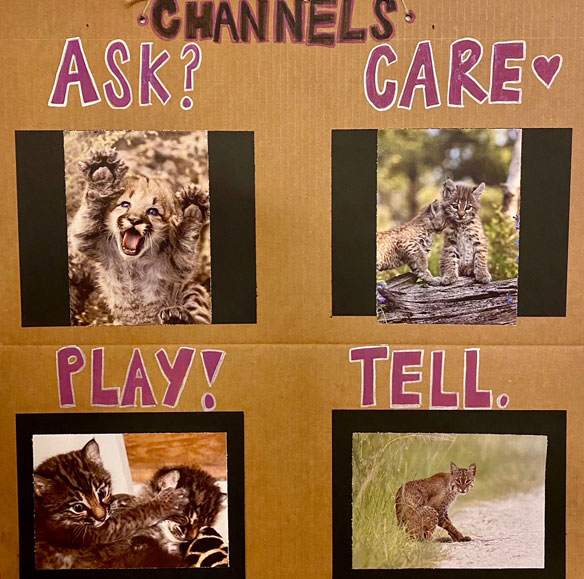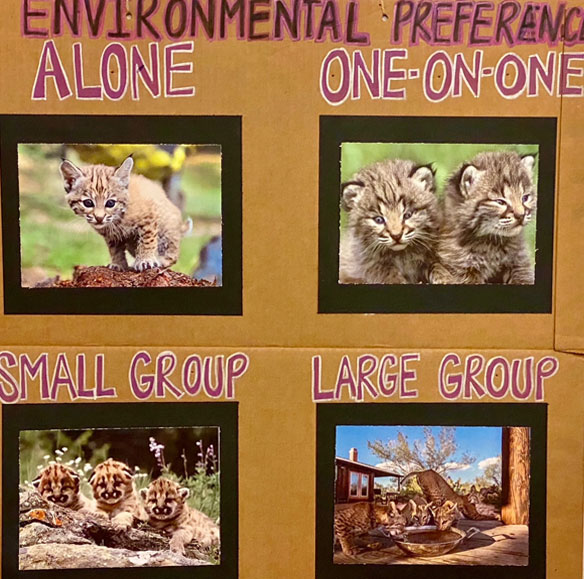The Process Communication Model — PCM — helps everyone communicate effectively. Created by Dr. Taibi Kahler, the Process Communication Model® (PCM) is the world’s premier tool that is based on human behavior. It enables the user of PCM to understand how and why people communicate. PCM has been taught to over a million people, and implemented by many organizations including NASA, Pixar, Microsoft and Audi, among others.

PCM empowers students and parents by helping them to: Observe and understand their own behavior, including why their motivation and distress behaviors can change. It helps them understand the behavior of others and know how to communicate with them effectively. Finally, it helps them analyze conflict and miscommunication and know how to find resolution in order to return to effective communication.



Helping students understand personality types.
PCM helps students, teachers and families communicate effectively through understanding personality types in people. There are six basic personality types, and during our lives we can experience characteristics of all of them. PCM helps individuals recognize these behaviors in others and in ourselves, and gives you the tools to navigate back to effective communication.
The art of adaptive communication.
Understanding what makes us tick or motivates others, or why we see to struggle to communicate with some people and not others is a critical life skill that is a foundation of the MUSE Virtual education. PCM helps students learn the 6 personality types, assess preferred communication styles, adapt their style, predict behavior and resolve personality conflict.


How we practice PCM in the classroom.
Our MUSE Global students meet as a community in a class we call MUSORY. Here we often discuss and explore various PCM topics. Elementary topics include channels, environmental preferences, character strengths, and perceptions. Middle school and high school students review and build on these topics, and are also introduced to interaction styles, psychological needs, and distress.
Students explore these topics during MUSORY, as well throughout each day in their core classrooms. Each day teachers invite students to voice their preferences, and teachers allow for each preference throughout the day. This helps students to be successful by allowing them to interact in a way that they enjoy. Plus, they are challenged to grow in areas that are not as easy for them with the goal of finding success in any situation! Beginning in 9th grade students are given the opportunity to take the Personal Personality Inventory to discover their personality profile. Before graduating, high school students will be given the opportunity to complete the Core and Advanced seminars.
PCM at home.
We offer workshops to parents, which gives them a better understanding of this exciting tool and how to improve their communication skills. For years now, many MUSE Global parents have seen the benefits of learning and using this tool with their own families.
To find out when the next workshop will be, visit our Parent Workshops page.
“In a word…EUREKA!!! I know our experience may sound exaggerated to some, but we genuinely walked away feeling relieved and excited that we finally have a solution to some of the communications problems and stress we’ve been creating in our family — or our whole lives for that matter.”
— MUSE School Parent
